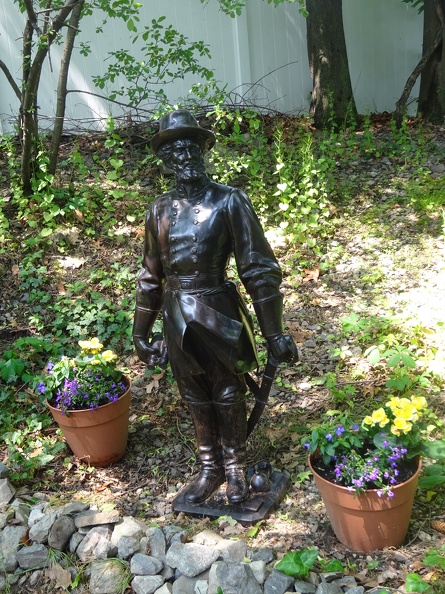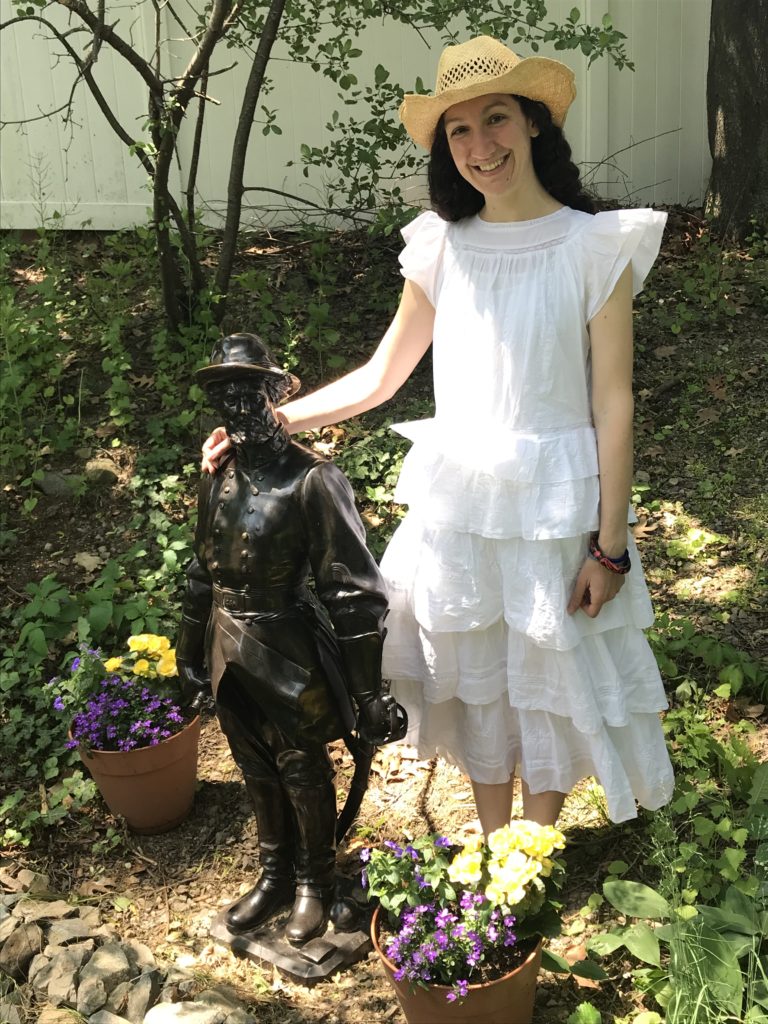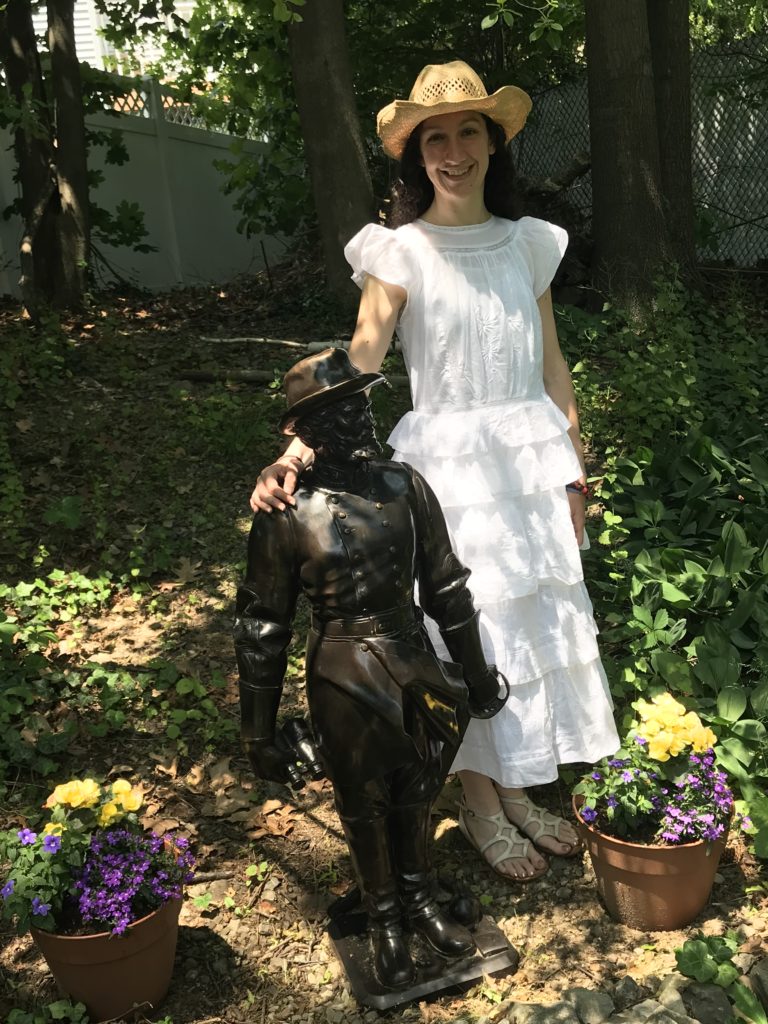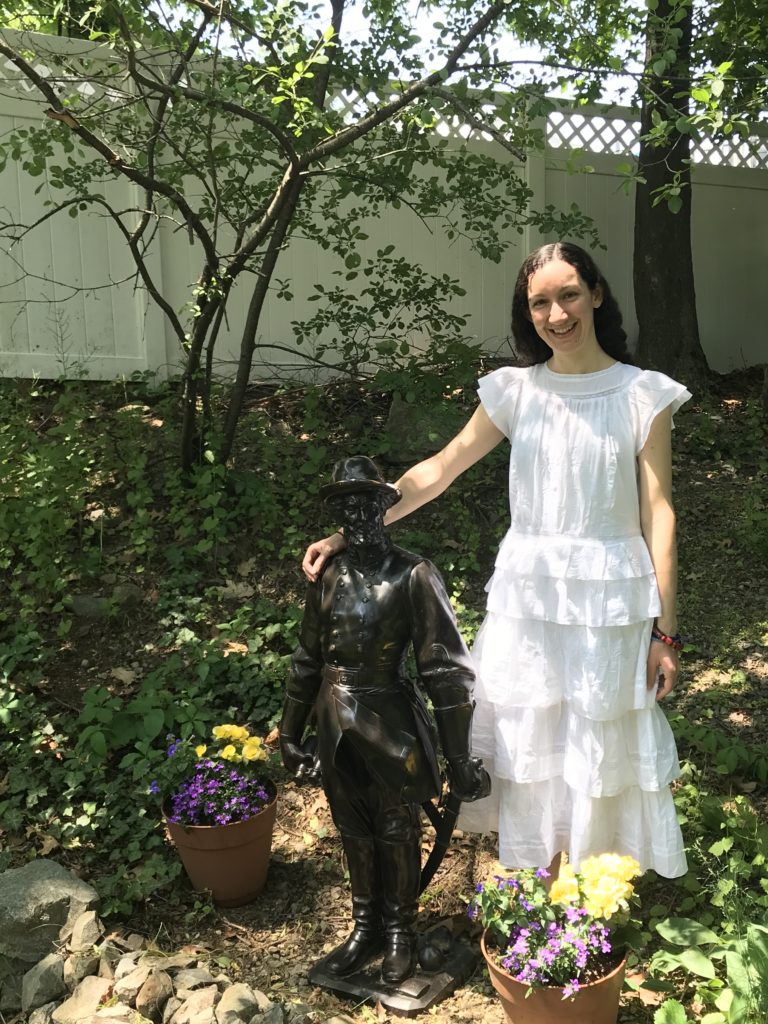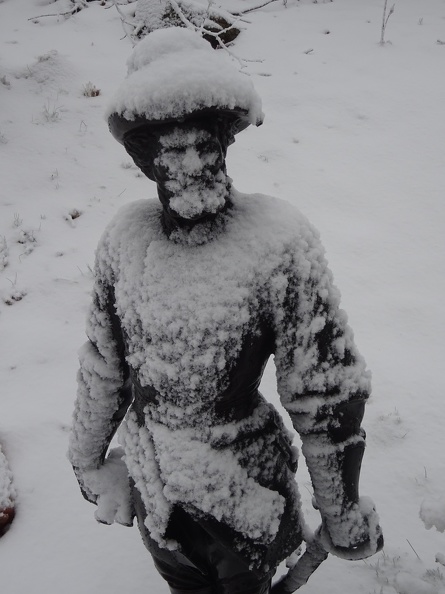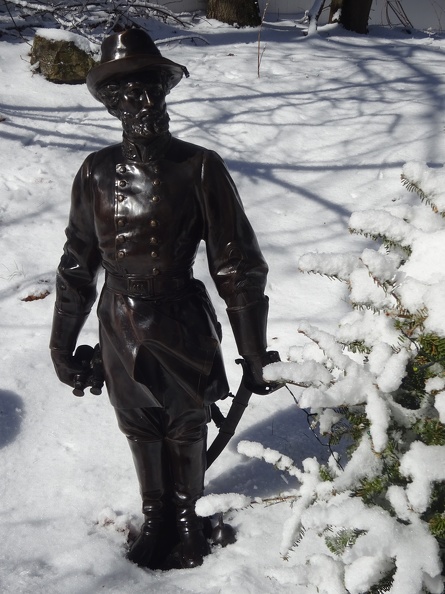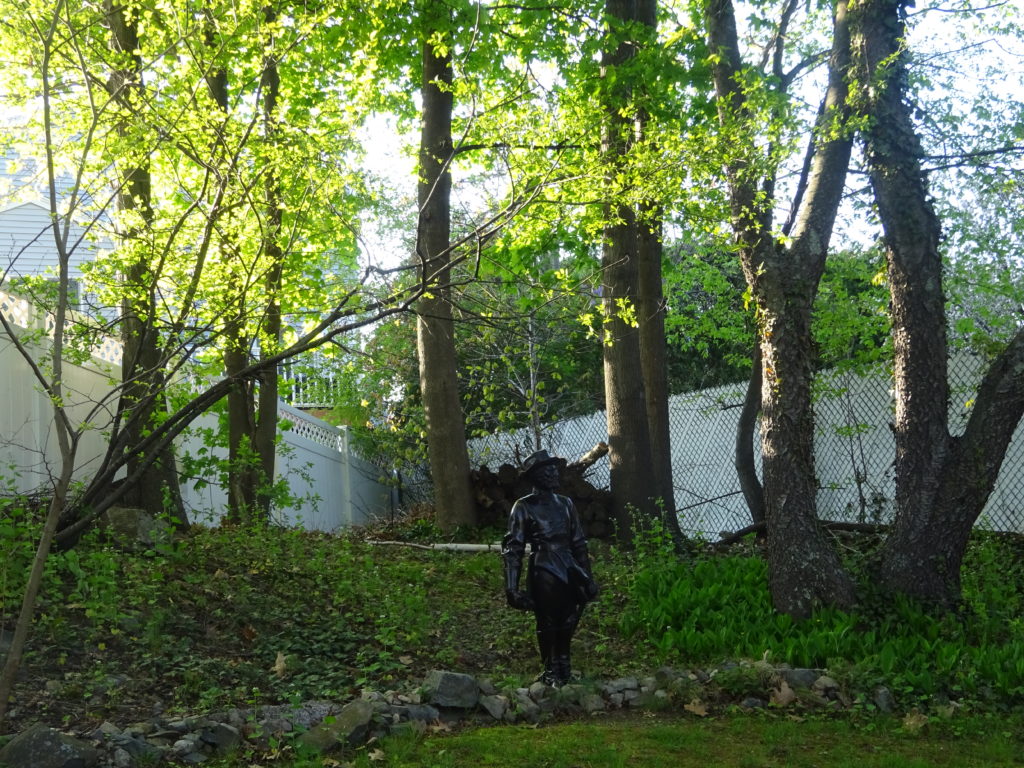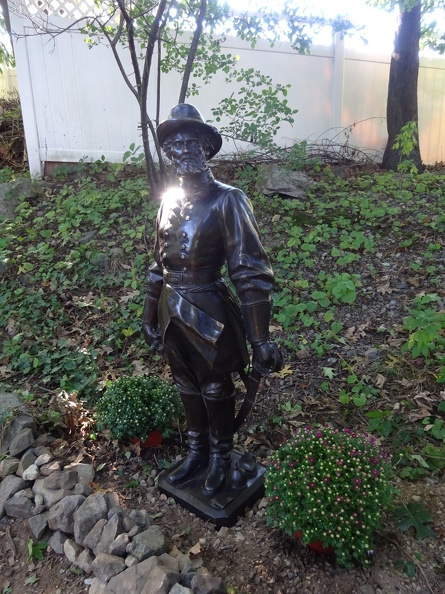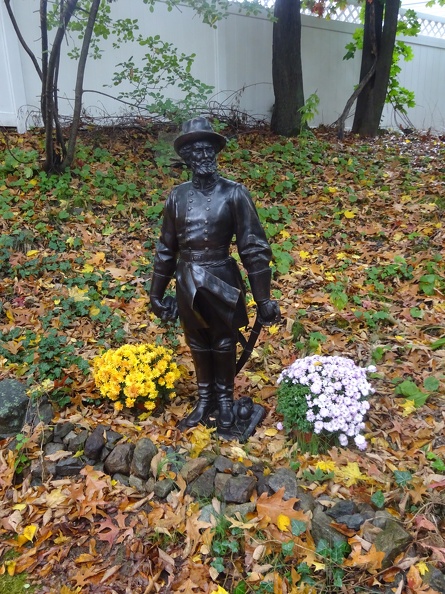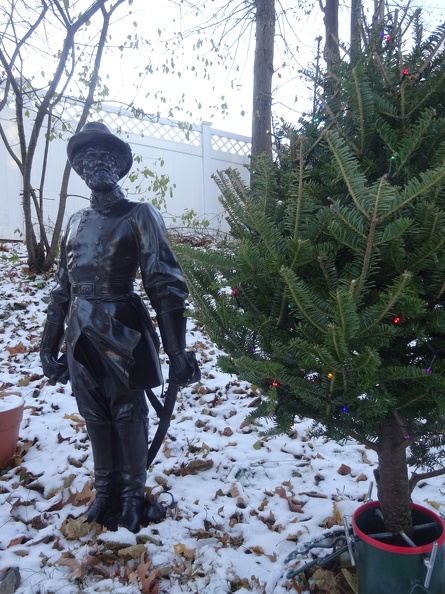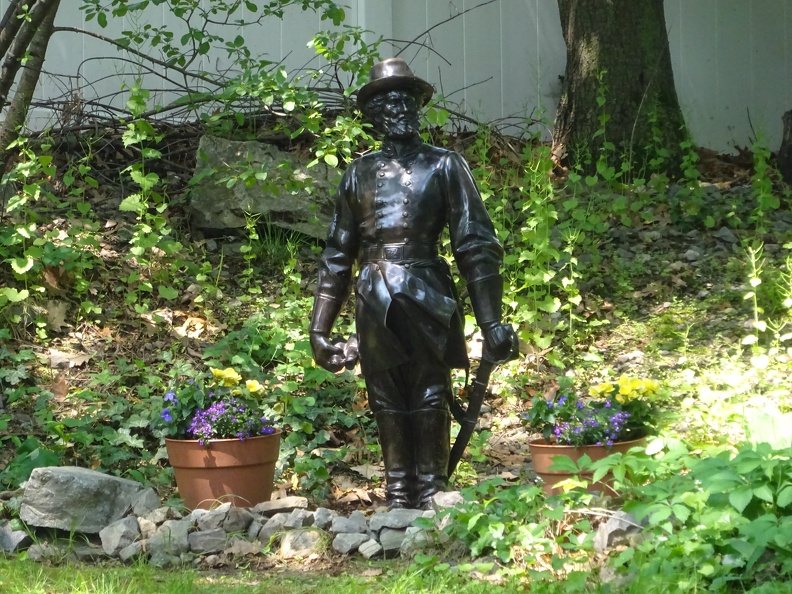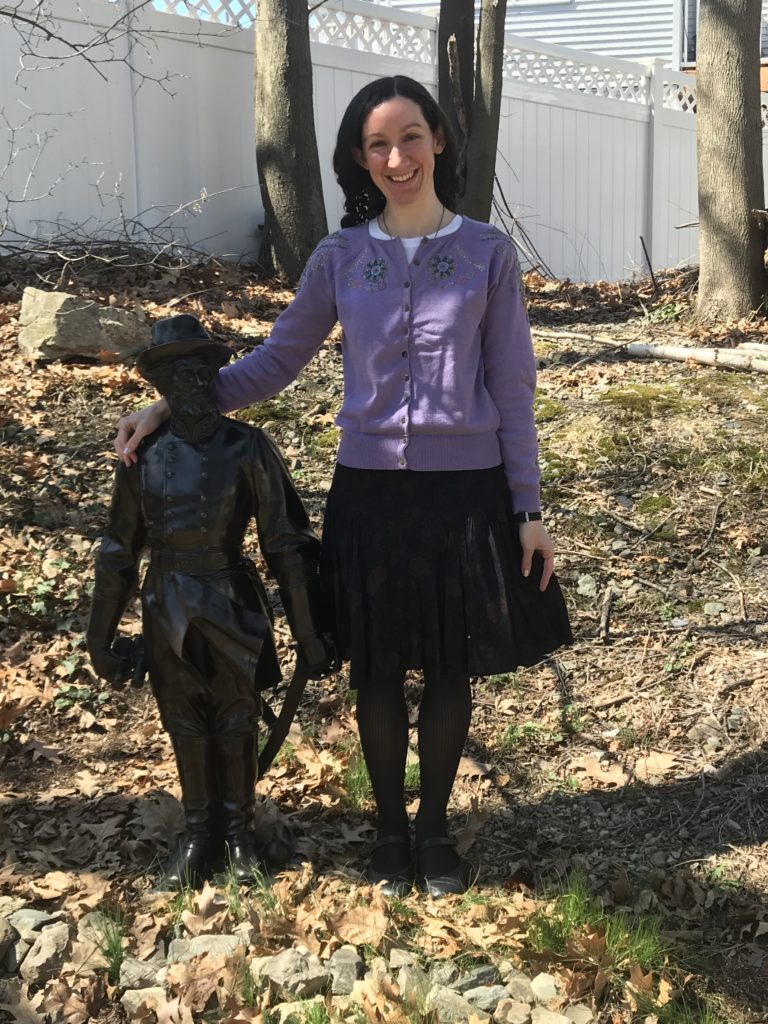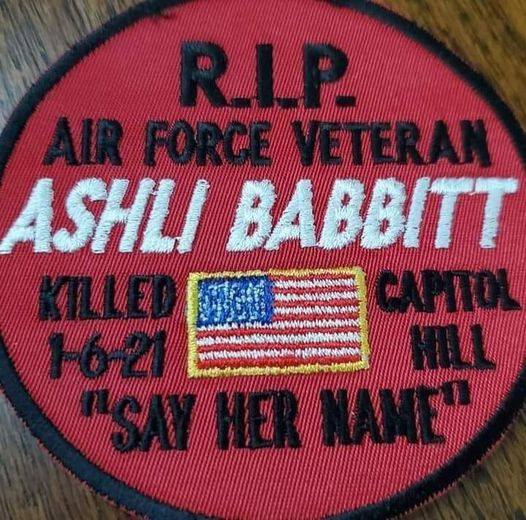“Nothing I say about it matters. Nothing I say will ever explain how bad it hurts.”
I came across these words recently. Although they were written about a completely different topic, they encapsulate perfectly how I feel about the statue genocide.
Nothing I say matters. Whether it be my parents, my friends, my co-workers, people on the internet, or even my therapist, no one will truly understand how bad the statue genocide hurts. No one will truly understand how bad the removal of Confederate statues, or the replacement of Columbus Day with Indigenous Peoples’ Day, hurts.
No one will understand the sense of injustice that these actions invoke in me. No one will understand how frustrating it is that I cannot make others understand why these actions are unjust. How frustrating that no amount of impassioned rhetoric, philosophical arguments, or logical reasoning can make people see and feel the injustice that I see and feel.
No one will truly understand how much a nasty comment, or a “laughing face” reaction, even if it is in response to someone else’s post, hurts me.
“He owned 32 slaves, may he rot.”
That is a comment that someone made on a drawing of Gen’l A.P. Hill that I posted, along with what I considered to be a thoughtful explanation, on Instagram.
Today, I spent my entire day agonizing about how to respond to this comment. Should I delete it? Respond to it, and most likely get into a nasty back and forth discussion, in the full view of my friends, family, co-workers, and boss? Send the person a nasty message in retribution for his nasty comment? Ultimately, I opted for the both the first and third options, and also blocked the person so that he would not be able to respond to my message.
Was this petty and vindictive of me? Yes.
Would a classy and mature person have merely deleted the comment and left it at that? Probably yes.
Apparently I am a petty, vindictive, classless, and juvenile person, but deleting this comment just did not feel sufficient. This way of thinking – that slavery is the be-all and end-all of everything – is exactly what I was debunking in the write-up accompanying my A.P. Hill drawing. This attitude – that a negative attribute of a historical figure somehow justifies completely destroying them, obliterating them, and eradicating anything having to do with them from the world – is exactly what I have dedicated my life to fighting against. I simply couldn’t let this nasty comment go without some sort of response.
I retaliated, because I believe that retaliation is what justice and morality demanded in this situation.
After doing so, the thought hit me: how dare this person leave such a nasty comment in the first place?
I have been hurting for two and a half years, hurting so badly that nothing I say will ever be sufficient to convey the true extent of my pain. And now, on top of everything that I’ve been through, this person went out of his way to add to my pain. He went out of his way to pile on.
A.P. Hill was killed – shot through the heart – by soldiers who were invading his homeland in order to force everyone there to remain part of the U.S. against their will. After his death, the cause that A.P. Hill had given his life for, lost. The South surrendered and was forced, to this very day, to remain part of the U.S. against their will. Then, in 2022, A.P. Hill’s statue was dismantled and sent to a black history place, where it will be displayed along with signage explaining how horrible he was and how horrible his statue is. Because the statue served as his grave marker, his dead body was also dug up from the ground. And then the contractor who performed the disgraceful work made social media posts insulting and ridiculing him.
And now, on top of everything that A.P. Hill has been through, this person on Instagram went out of his way to add to the pain. He went out of his way to pile on, to add insult to injury, to further abuse this poor man who already lost his life fighting against an invading army, had his statue torn down and his grave desecrated.
Why?
Why would someone do that?
Why the hell would someone do that?
I don’t know this person personally. From what I could tell by looking at his Instagram profile, he seems to be a filmmaker of some sort. He posts pictures of himself, his girlfriend, his friends, his dog, and various random things. The captions tend to be either just emojis, or somewhat cryptic text that seems like it could be inside jokes between him and his friends. He occasionally posts short videos.
Why couldn’t he have just continued with these things, and minded his own business? Why did he have to leave this nasty comment on my post, three weeks after I posted it?
Because of his decision to leave this nasty comment, I spent yet another day in pain. I spent yet another day agonizing over how to deal with yet another instance of someone hurting me and hurting a person I love, yet another instance of painful injustice. Because of his decision, I had a fight with my dad, who recommended that I not respond and became frustrated listening to me continue to talk about the situation.
Obviously, this person does not like A.P. Hill. But I’m not asking him to protest in the streets with a sign saying how amazing A.P. Hill is, and how unjust it was to remove his statue (although both things are true). I’m not asking him to “like” my post, to support me, or to help right the wrong of the statue genocide (although any of those things would be awesome). I’m just asking him to leave me alone.
This person seems to have a perfectly fine life. He seems to have people that he interacts with, and stuff that he enjoys doing.
Why couldn’t he have just continued doing his thing, living his life, and minding his own business? Obviously, he didn’t like my post. But why couldn’t he have just scrolled past it and continued on his merry way? Why did he have to go out of his way to inflict additional pain on people who’ve already suffered more than their fair share?
Why?
I have no answers, only questions.

